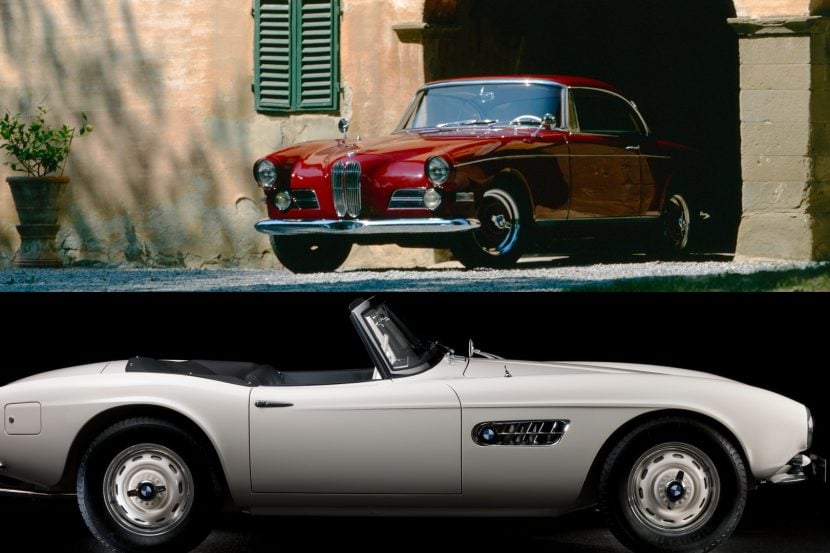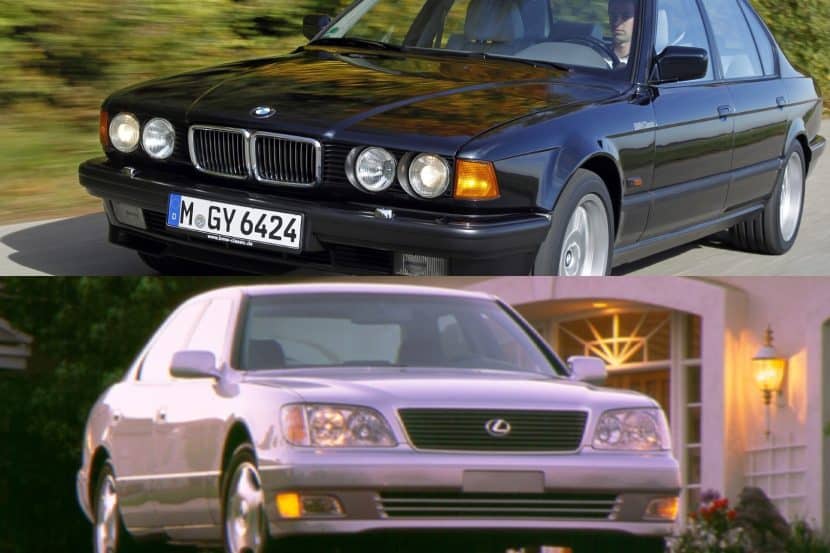In the 1990s I was involved in setting up an artificial intelligence system for a ‘major telecommunications company’. We were using a piece of AI software available at the time to build a decision tree which would allow us to automate some of our production processes. In retrospect, the problem we had was storage capacity not processing power. But the one thing lacking from that solution was the ability to take voice input and use it to generate outcomes.
Voice recognition was the holy Grail. AT&T’s Bell Laboratories was working on voice-recognition starting in the 1940s. Work has been going on in various laboratories since. IBM of course has been heavily involved in voice-recognition. And now Apple, with the Siri interface, has added voice recognition, in a consumer product, to the iPhone 4S.
But Siri operates differently than a lot of people expect. Parsing speech into potential actions is done up front. Once the speech has been ‘understood’, it checks to see if the request is something that can be serviced within the device. If not it connects to the ‘net’ and attempts to complete the request using ‘cloud’ based services. But the front end, the bits of code that understand how to break down speech and turn it into something useful, is still the difficult part.
Think of how many different ways English speakers say the phrase ‘out and about’. Or how badly a US speaker mangles the word ‘Scotch’. That Siri was released for production says a lot about how far voice recognition has come. But it still has a long way to go.
So beyond the novelty of having a device ‘listen’ and take directions from your spoken word, of what use is it in an automotive application? First, the direct ‘speech to action’ can improve safety. Anything that reduces having to move your eyes off the road and into the cockpit, say to adjust temperatures, or operate some other control, is good. Secondly, in small cars, interior space is at a premium, and anything that can reduce the amount of individual control points from the IP can eliminate intrusive surfaces, making the cabin feel ‘airier’.
And with the advent of consumer grade products like Siri’s voice recognition, automakers would be silly not to exploit the technology. Yes, Ford has adopted Sync – which seems to work fairly well. And even BMW has voice recognition, but not up to the capabilities of Siri currently.
Of course once an automaker establishes connectivity to a smartphone/tablet what’s to keep them from taking it one step further and utilizing the device as the primary interface to the vehicle. Instead of an instrument binnacle in front of the driver there would be a slot to stand a tablet and a power connection – it wouldn’t necessarily have to have a physical connector, it could use bluetooth connectivity. The display would mimic the ‘glass cockpit’ screens that are used in aircraft.
Better still, lock the car by removing the iPad. The benefits are there waiting to be exploited by a clever manufacturer. It makes a lot of sense for say a shared city vehicle. You have the rental companies app on your iPad. You open the door to an available rental, go through an authorization sequence on the iPad, watch the vehicle come online and drive off. The vehicle to driver interface is then run through the tablet.
And there are car nuts actively working to make this happen – outside of the purview of an established manufacturer. Google ‘using an iPad as an instrument panel’ and somewhere close to the top of the results is an entry regarding someone wanting to use an iPad as an IP in a Miata.
So yes, this is worth looking into. Siri is merely the surface to the underlying connectedness and car companies are working on connecting their cars to the virtual world in ways our grandparents could not imagine. And Mercedes Benz is actively pursuing Siri (in their A class car – they get it).
It is only matter of time before more get on-board. Again, it bears repeating, a lot of what Siri can accomplish happens out in the ‘cloud’ and not within the device it ‘resides’ in. It is the ‘connectedness’ that makes Siri useful. And it’s that connectedness that is becoming the buzz for automakers.
———-
As an aside, the first two paragraphs of this article were composed using Dragon Dictation on an iPad. It is useful – but not as useful as I would like. As an example, here is what Dragoon ‘heard’ of the second paragraph:
“Voice recognition was the holy Grail. AT&T’s Del Laboratories work on voice-recognition starting in the 1940s work is going on in various lab situations Sansa IBM of course has been heavily voice-recognition. And now Applewick the serener face has added voice recognition.”
















































